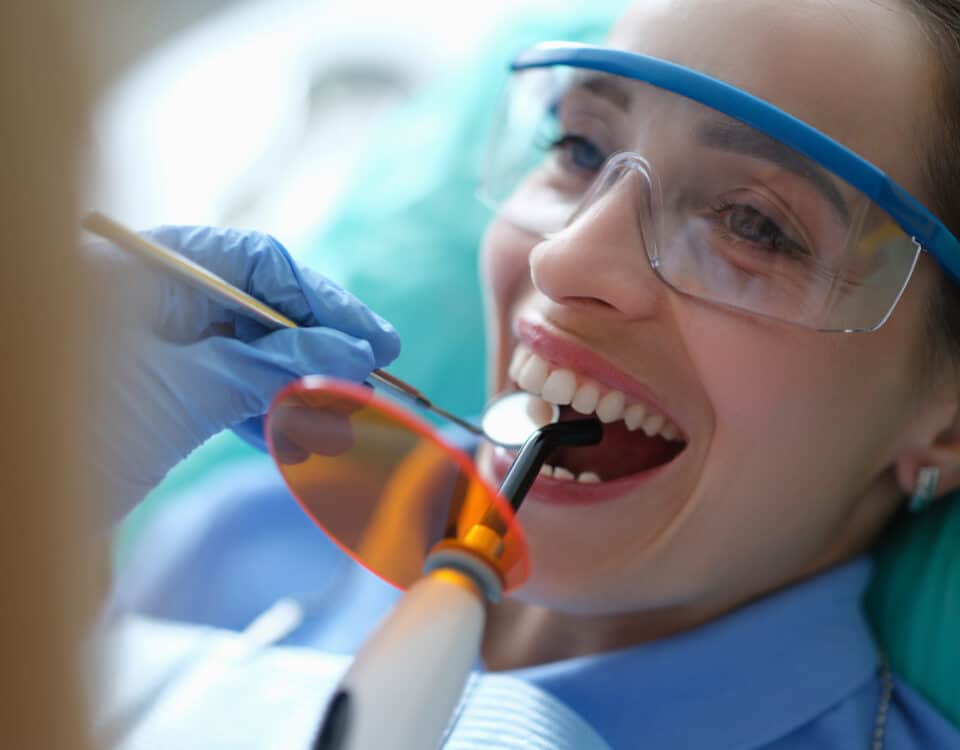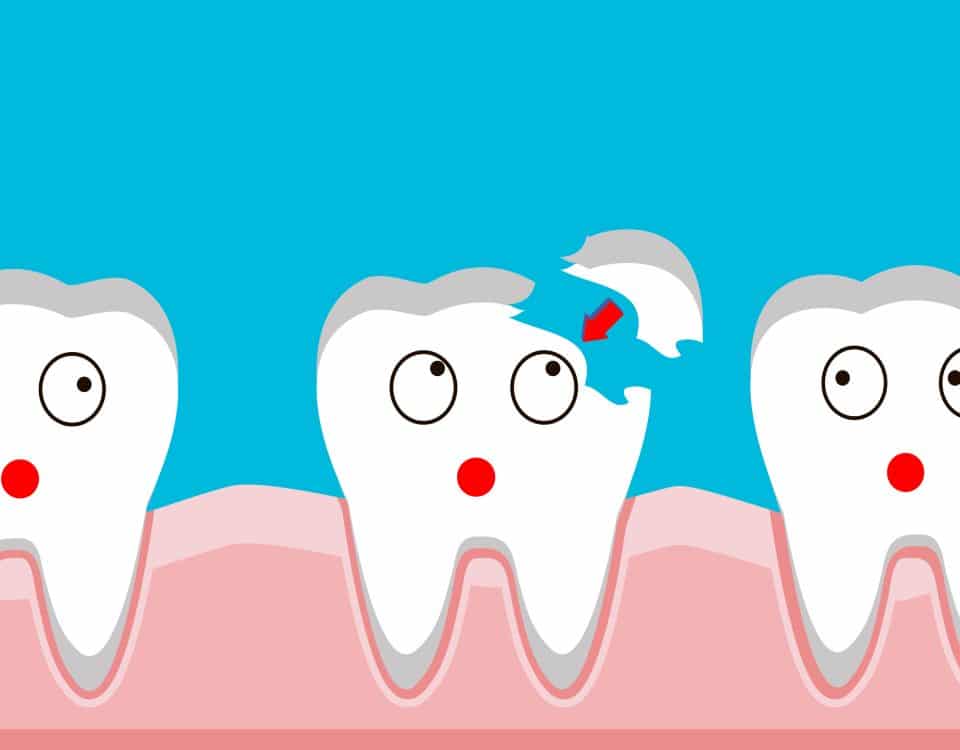Tips To Prevent Baby Bottle Tooth Decay
What Dentures Can Do for Your Smile
January 22, 2020
Children’s Dental Health Month
February 3, 2020Tooth decay and cavities affect nearly every person with teeth, but many forget that little children, even babies, can develop decay as well. One of the more common dental problems that babies suffer from is called baby bottle tooth decay, which refers to the decay that develops on infants’ teeth from the liquids they consume. Baby bottle tooth decay rots babies’ sensitive teeth, especially the upper front teeth. Find out what you can do to prevent baby bottle tooth decay in your children and how you can keep their smiles healthy throughout their lives with this guide!
What is Baby Bottle Tooth Decay?
When infants and young toddlers have tooth decay, many call this baby bottle tooth decay. This type of decay happens when sweet liquids, even those with natural sugars, cling to the baby’s teeth for a long period of time. Bacteria in the mouth love this sugar and make acids that attack the teeth because of it, according to WebMD.
Infants and children most at risk for baby bottle tooth decay when:
- Their pacifiers are submerged with sweet substances like sugar or syrups
- Children who are given sugary drinks at any time of day from a sippy cup
- Those who are given sugary drinks before they take a nap or go to sleep for the night
If you’re going to give your child a sweet drink, remember that you could be harming their teeth. Especially before they sleep. While they sleep, the flow of saliva increases and clings to the sugar, promoting tooth decay.
They’re Just Baby Teeth, So Why Does It Matter?
Yes, it’s true that these teeth are temporary, but that doesn’t make them any less important. These baby teeth that develop in the early stages of life are critical to chewing, speaking, and even smiling. If baby bottle tooth decay isn’t treated, not only can infection happen, but it can also harm your child’s development. Decayed baby teeth can lead to crooked permanent teeth, poor eating habits, and even speech problems.
Signs of Baby Tooth Decay
Signs can vary from child to child, but here are some common symptoms of tooth decay:
- Color changes on gums, this can start out as white spots on upper gum-line, but as decay progresses can change to yellow or in some cases brown or black.
- If teeth begin to look brown in color often means you’re dealing with advanced tooth decay.
Preventing Baby Bottle Tooth Decay
It’s important that you begin taking care of your baby’s oral health from the moment that they’re born. Before they have teeth, gently wipe gums clean often. Once they begin to develop teeth, you begin using a soft tooth brush to keep them clean. After your child is a year old, you should begin brushing their teeth twice a day, like you do your own, while using a very small amount of fluoride toothpaste. Outside of brushing regularly, also consider these tips from Healthy Children:
- Don’t put your child to bed with a bottle or food: this keeps your child’s teeth covered in sugars (which leads to decay) but it can also put them at risk of choking or developing other health problems, like an ear infection.
- Try to refrain from using a bottle or sip cup as a pacifier: if your child is always sipping on one of these, it can increase risk for tooth decay. If needed, fill them with only water for your child to carry around throughout the day.
- Give your child water that in fluoridated. Fluoride in water helps coat your child’s teeth and protects them from tooth decay.
- Once your child is a year old, begin allowing them to use regular cups. Drinking from a regular cup is less likely to cause liquid to surround the teeth.
- Limit sweets and sticky foods: things like candy, gummies, and other dessert-like foods aren’t bad in moderation, but if given frequently they can cause decay.
- If you’re going to give your child juice, only do so at meal times. If you do serve them juice, dilute it with water. This will lessen the sugar’s affect on the teeth.
Above all, it’s most important to get your child into the dentist as soon as they are a year old. Tooth decay can be prevented with sufficient care, and following these tips can help prevent baby bottle tooth decay in your child.
Call Stonebrook Family Dental:
If your child is ready for their first dentist appointment, make an appointment today by calling (303)-872-7907. We’re not only here for you, but for your family too! From baby teeth to dental implants, we offer personalized dental care to help keep your smile healthy.



